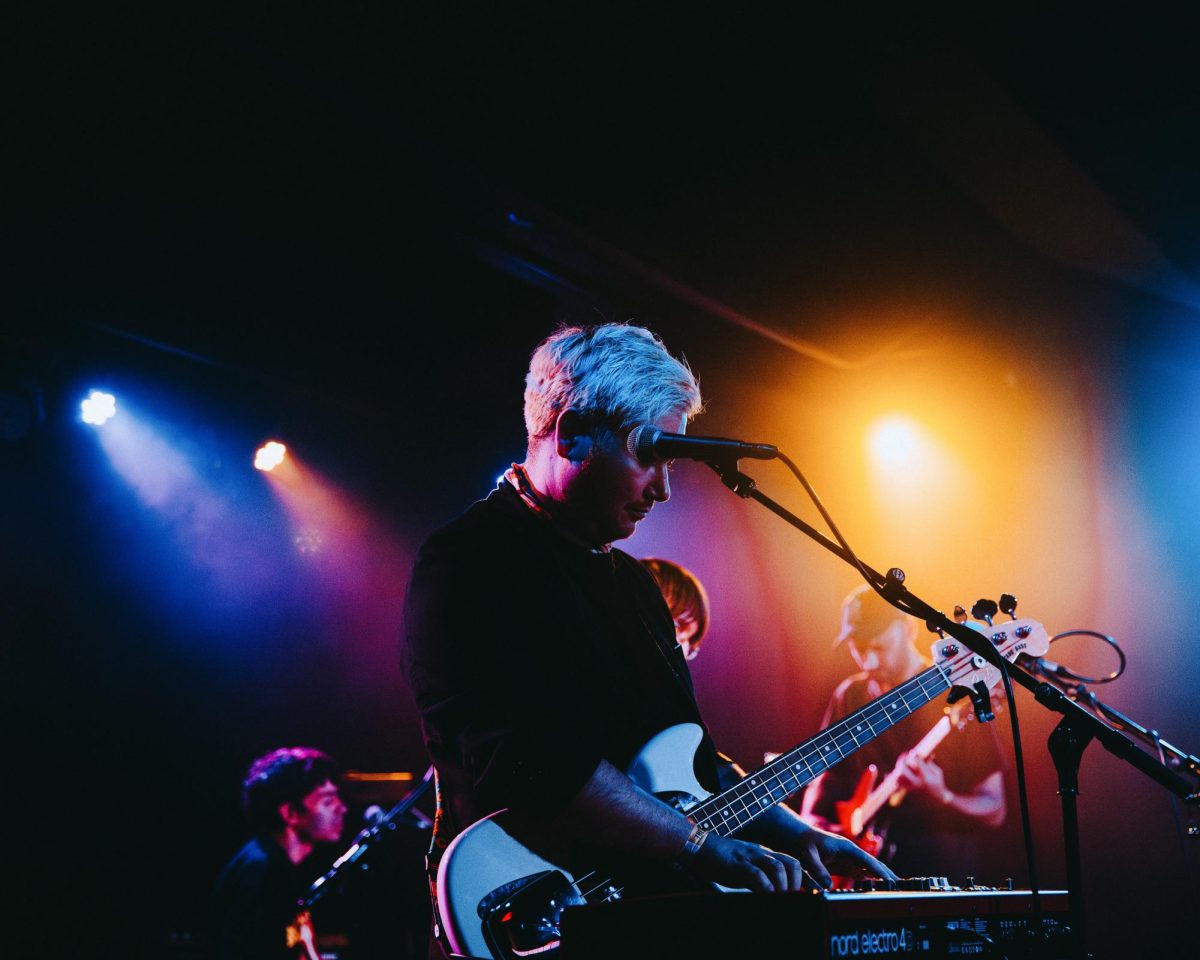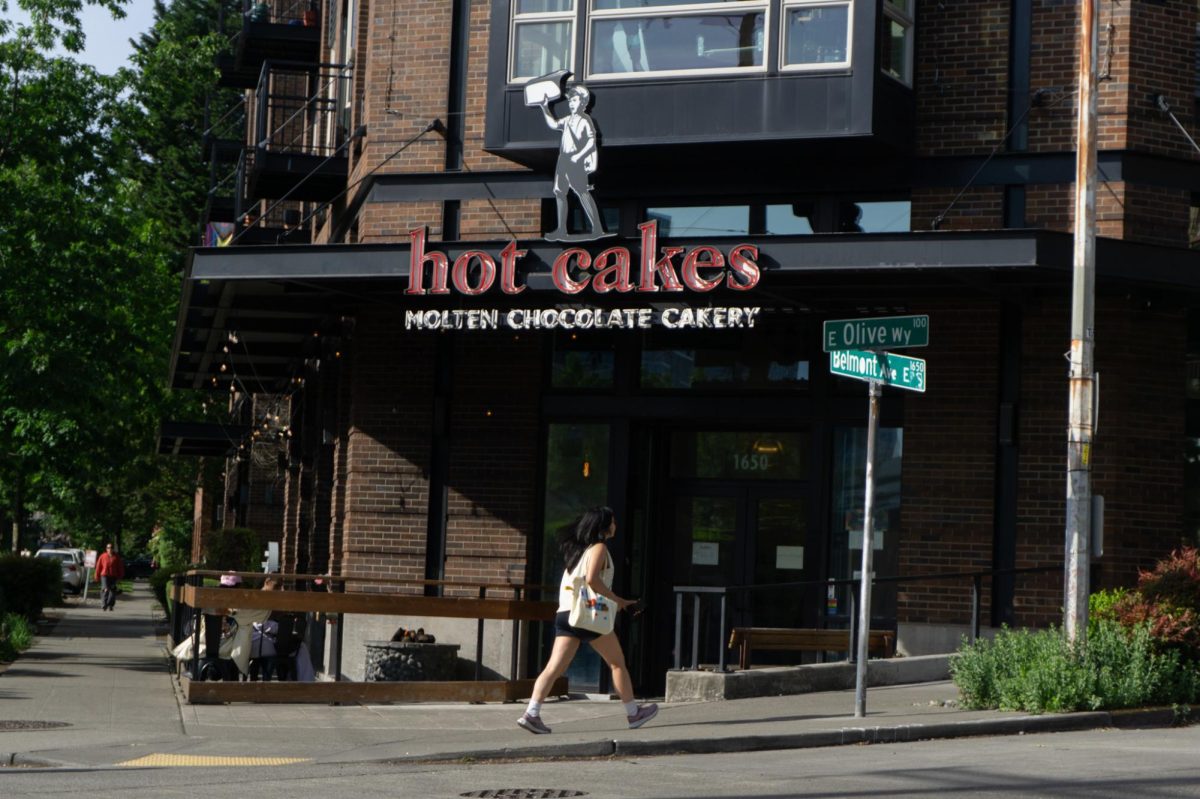For various reasons, the call of the wild is heard by many Seattle inhabitants. According to a recent article by the Seattle Times, the number of Seattle-area hikers has doubled in the last nine years due to the “Instagram effect” interpreted by Washington Trail Association’s Kindra Ramos as a growing need to detach from technology. It seems that for many Seattle University community members, this sentiment may ring true.
Emily Keithahn, a senior psychology major, conducted a study on how nature impacted levels of stress for different personality types. She distributed a survey online through social media, and a variety of Seattle U students and city dwellers along with folks from other parts of the country responded.
“We had lot of really interesting results,” Keithahn said. “One was that self esteem is related a lot to stress.”
She also saw results that showed that neuroticism and levels of stress relief found in nature were connected. Emotional instability, high levels of stress and anxiety, and the prevalence of strong emotions characterize neuroticism.
“People who are high in neuroticism and also stress benefited the most from spending time in nature,” Keithahn said.
The test asked participants to answer scaled questions, and there was also a qualitative section where people were asked to describe how they feel in nature with three words. Commonly used words were rejuvenating, stress relieving, calm and relaxing.
Another benefit that some get from nature is in the realm of the spiritual or religious. Matthew Riley, an adjunct professor at Seattle University, teaches classes on religion and ecology. He finds nature to be a place of spiritual and personal growth.
“I go to nature to relax and exercise and also rejuvenate my inner person, Riley said. “I become more relaxed and in touch with myself. I also feel more empathetic, connected and sympathetic. I feel like it makes me a better person.”
Riley pointed out that many religions have traditions and stories based in nature. Certain stories take place in a natural setting such as Moses getting the Ten Commandments on the mountain and Jesus wandering and having revelations in the desert. Riley also mentioned that the divine would often be presented to people in nature.
“When Jesus was about to be put on the cross, he went to the garden to pray,” Riley said. “He didn’t go to the temple to pray, he didn’t stay inside, he went out to the garden.” Today still, some people prefer to go into the natural environment to pray or seek spiritual connection.
However, nature isn’t about grand revelations and spirituality for everyone, but can be as simple as providing a little break from the grind of day to day life, or motivation to get through the day.
Will Green, who graduated last year from Seattle U with a degree in film studies, said that during his time as a student and still today he finds peace in the outdoors.
“It is good to keep things in check and in perspective,” Green said. “It’s really easy to get worked up and feel trapped in the bubble of the city. But even just listening to the wind or the trees or the birds in the morning outside my window in Seattle is nice.”
These small bits of nature that can be seen right outside the window or on campus can be just as beneficial to some as a retreat to the mountains or the forest. Seattle has 6,591 acres of forest, and the streets are lined with greenery and teeming with creatures.
“Nature is a free resource to us, Riley said. “You don’t have to pay for it or schedule an appointment. You don’t even have to go out into the wilderness, you can just go sit on a park bench or next to a tree outside of your apartment and it is very soothing. You can get a lot of benefits from being near something green, or birds and flowers. Even if they have been planted by the grounds crew.”
Seattle is known as ‘The Emerald City” because the city is full of natural growth and nature enthusiasts. Washington is a haven for many folks who enjoy skiing, hiking, surfing and a multitude of other outdoor activities. It seems that these activities might be becoming even more important for a generation immersed in Instagram and other technologies, especially on an urban college campus like Seattle U.
Bailee may be reached at
bclark@su-spectator.com







